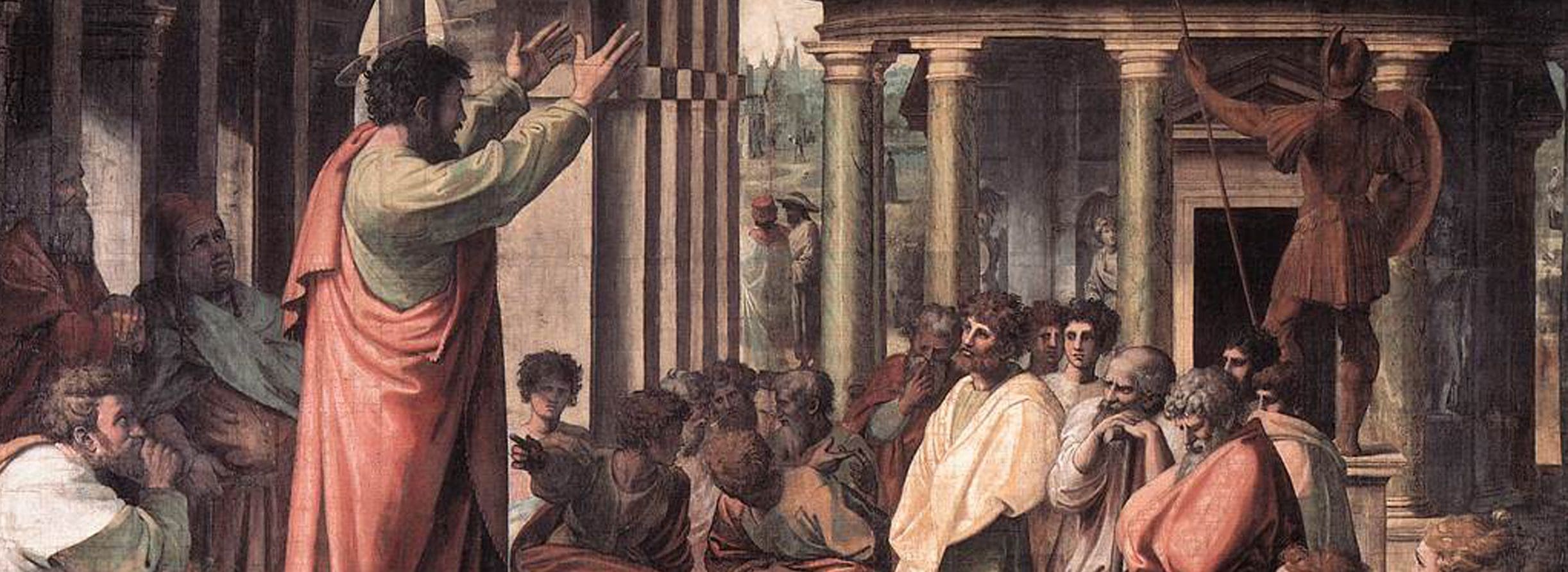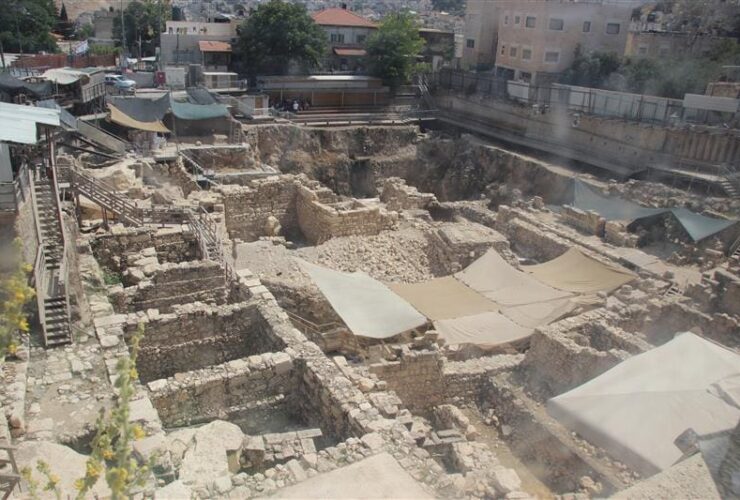Paul the apostle, or Saul, was born in 2 BC and died in AD 66[1]. Saul (or Saoul) was his Hebrew name, but Paul was his Greco-Roman name. It is likely that both names were given to him at birth: “As to the origin of the name Saul we can be confident: Paul was of the tribe of Benjamin (Phil. 3:5), and Saul was a famous name in that tribe, going back to Israel’s first king. Of the origin of the name Paul, we can only speculate; it may reflect some Roman benefactor in the family history…”[2]
Paul, as he is better known, though Jewish both by “race” and religion, was a citizen-born resident of the Greco-Roman city of Tarsus which was by Paul’s own description “no insignificant city.” Indeed, Tarsus was the capital of Cilicia and was a major city in Paul’s time probably boasting a population of half a million. Significantly, it was a university city which ultimately surpassed even Athens and Alexandria.[3] It had a level of political independence and, as a port city, was a major centre of trade. Tarsus was best known for its cilicium (a cloth woven from black goat hair) used in the making of the famous black tents of Tarsus. It is no surprise, therefore, that Paul’s trade, as a resident of the city, was a tentmaker.
Tarsus was undoubtedly a part of the Greco-Roman world in which Rome governed but where Greek culture pervaded. Even the Romans were “Hellenized” as they were greatly influenced by Greek art, philosophy, dress, athletics, and religion. Interestingly, Paul was both a citizen of Tarsus and Rome—two distinct and very privileged positions—suggesting that he was from a wealthy and influential family. Yet, Paul primarily regarded himself as a Jew, a “Hebrew of Hebrews” (Phil. 3:5) and “a Pharisee, a son of Pharisees” (Acts 23:6)—the strictest of all the sects of Judaism—thus Paul, theologically, would not allow himself to be Hellenized[4].

“Although not Hellenizing in religion, even as a Jew, Paul’s background was in a Hellenistic world. As a Greek-speaking native citizen of busy Tarsus and mighty Rome, his outlook could not help being affected. There is clear evidence of that effect in the picture of Paul we get in Acts and in his writings. He knew and quoted Greek poets (Acts 17:28; Titus 1:12). He obviously enjoyed the Greco-Roman athletic games and used them often as illustrations in his letters, even though many less tolerant Jews regarded these games as reprehensible. Throughout his writings he displayed understanding of the customs of his world.”[5]
As a committed Jew, young Paul, left Tarsus for Jerusalem to become a rabbi. He studied under Gamaliel and according to Paul’s own account he excelled in Judaism beyond many of his contemporaries (Gal. 1:14). He became a respected rabbi and might have even been a member of the Sanhedrin. Paul would eventually even come to be the driving force behind the very first persecution of the Church. However, while on his way to Damascus, the One whom he was persecuting dramatically confronted him asking, “Saul, Saul, why are you persecuting Me?” It was this encounter with the risen Lord Jesus Christ that began to turn this murderer into a missionary. “He had come to persecute Jesus’ name [but] he would leave to bear it (cf. Gal. 1:23).”[6] Though unbeknownst to Paul, he with his Greco-Roman background and his training in the Scriptures, was God’s chosen “missionary to the Gentiles.” In fact, almost half of the New Testament canon is attributed to Paul and was so influential that, besides Jesus, he is the one credited with the establishment of Christianity. Until his last breath Paul worked tirelessly to advance the Name which he once persecuted. This, perhaps, may also be why Saul went by his Greco-Roman name, Paul, for his missionary calling to the Gentiles.

Ryan Hembree is a daily co-host, speaker, and writer of Bible Discovery. He also hosts a YouTube channel that shows the unity of the Bible and how science and Scripture fit together. Ryan also has an honorary Masters of Ministry in Creation Science from Phoenix University of Theology.






